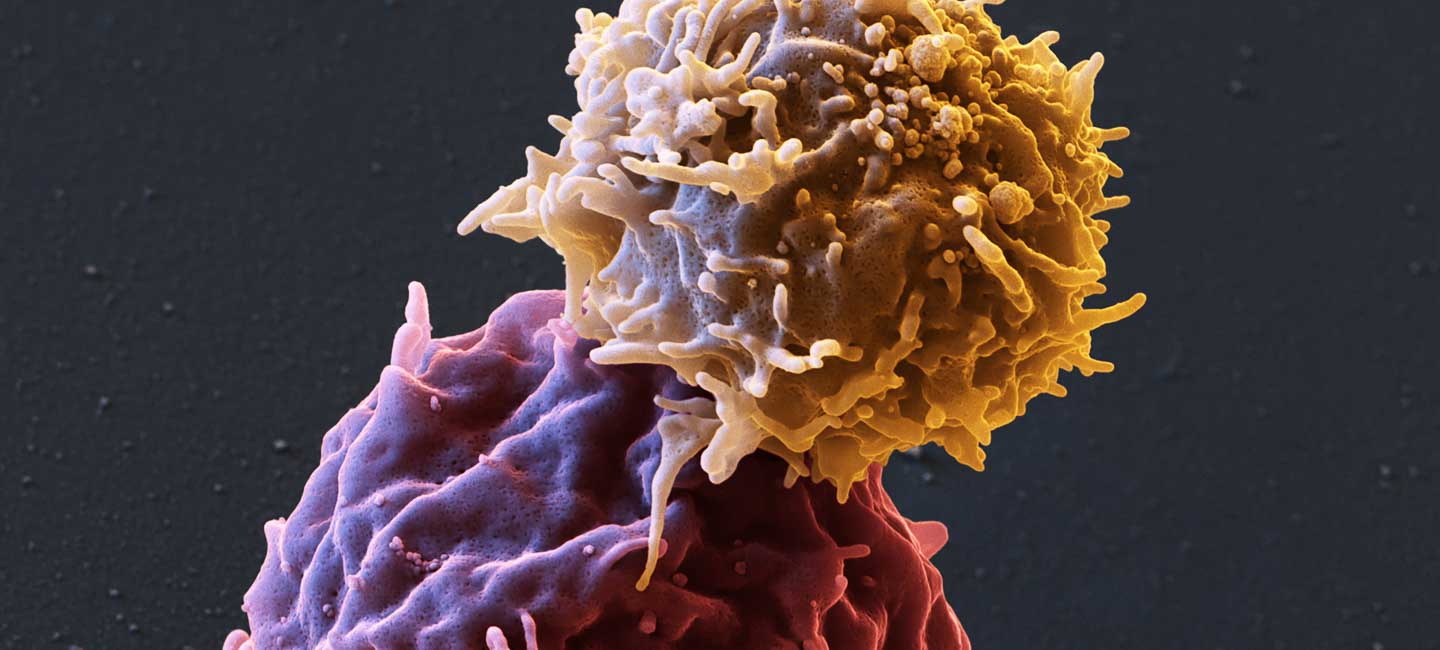CAR T Drives New Ovarian Cancer Research
Chimeric Antigen Receptor (CAR) T-cell therapy, also known as CAR T, made a huge splash late last year with two United States Food and Drug Administration (FDA) approvals – one for acute lymphoblastic leukemia and another for diffuse large B-cell lymphoma. The personalized gene therapy uses a patient’s own immune cells to fight cancer. Now, Moffitt Cancer Center researchers and clinicians are working together to bring this therapy to other cancers, particularly ovarian cancer.

Dr. Jose Conejo-Garcia
A team of researchers led by Dr. Jose R. Conejo-Garcia, chair of Moffitt’s Immunology Department, has developed a CAR that introduces Follicle Stimulating Hormone (FSH) into T cells. The new genetically-modified CAR T-cells seek out and destroy cancer cells expressing an FSH receptor protein found on a large number of ovarian cancer cells.
"Ovarian cancer is difficult to treat because many patients are not diagnosed until they are in the later stages of disease progression. Despite advances in surgery and chemotherapy, there are enormous opportunities to improve survival," said Conejo-Garcia. "Our team looks forward to beginning our clinical trials, the next step towards FDA approval and bringing this therapy to patients."
Moffitt has partnered with ITUS Corporation to help bring this new CAR T therapy to patients. The biotechnology company is submitting an Investigational New Drug application to the FDA requesting approval to test the therapy in human clinical trials. If approved, clinical trials could begin as soon as next year.

Dr. Robert Wenham
Dr. Robert M. Wenham, chair of Moffitt’s Department of Gynecological Oncology, will lead the clinical trials.
"Immunotherapy has been a big breakthrough for some cancers. Being able to translate the personalized therapies, like CAR T, for ovarian could help save thousands of patients each year," said Wenham.
Conejo-Garcia and his team plan to expand their CAR technology to other solid tumors in the future, including breast, prostate and pancreatic cancers.



